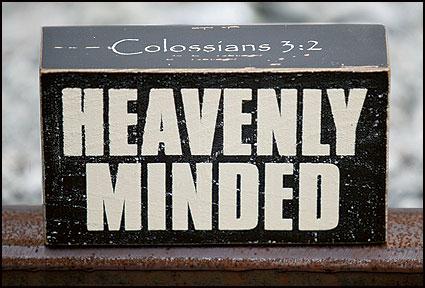Haggai and the Kingdom of God

As with the whole of scripture, the Law and the Prophets — even the so-called “minor prophets,” such as Haggai and Zechariah —provide a future picture of the coming King of all kings, Jesus Christ, and an eternal Temple not made with hands.
The Theme
Around 520 BC, the Lord is speaking to His people through the prophet Haggai. The message is clear: return to the first work of building the Temple of the Lord and glorifying God!
- The Lord exposes their sin of apathy and self-serving lifestyle and explains that this is why the work of their hands are being cursed by Him, rather than blessed. Chastisement for disobedience.
- Haggai warns the people to turn (repent) from first building/serving their own lives and rather to lay down their lives for the sake of rebuilding the Temple of the Lord.
- Upon the people hearing and turning their hearts, the Lord comforts His repentant people with the reassuring words of “I am with you!”
- The physical Temple is rebuilt five years later
- The prophetic fulfillment of Haggai is finally exposed when Jesus inaugurates the eternal foundation of the Living Temple of the Holy Spirit, His Body on earth. (John 15:18-21)
A historical reading of Haggai shows us how the people of the Haggai’s day allowed the cares of this life to choke out the work of serving the Lord. (Matthew 13:22)
Much like today, people were busy with their own lives, their own houses, fulfilling their own needs over the needs of the Lord and others. (Luke 9:57-62, Romans 15:1-3)
But a spiritual reading of Haggai reveals a coming Kingdom that cannot be shaken (Hebrews 12:28) and a Temple that will be rebuilt on an eternal foundation of Apostles and Prophets, Christ Jesus Himself as the Cornerstone.Haggai and the Kingdom of God
